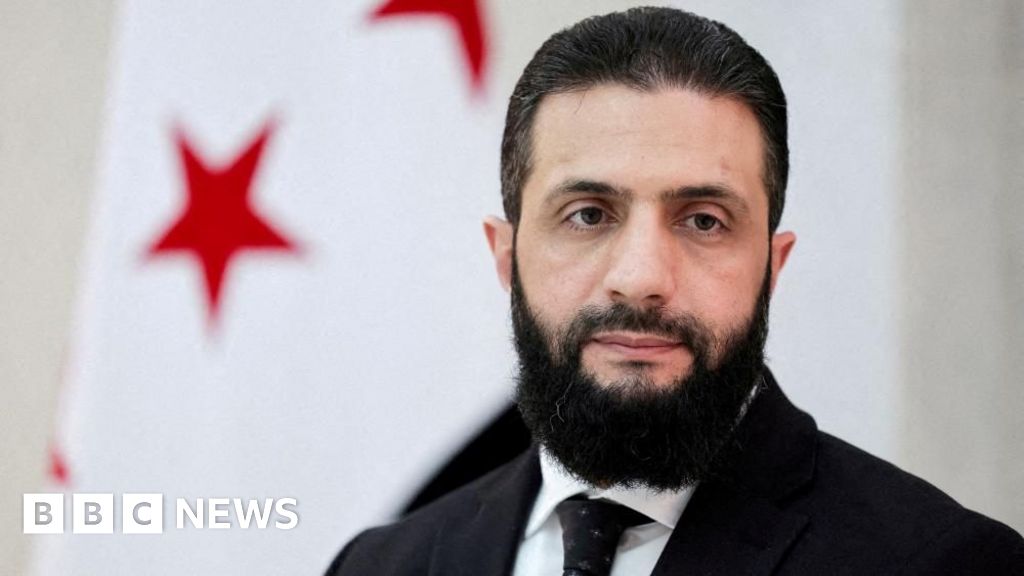Syria Concludes Landmark Post-Assad Parliamentary Elections Amidst Controversy
Syria Concludes Landmark Post-Assad Parliamentary Elections Amidst Controversy

Syria has concluded its first parliamentary elections since the overthrow of long-time President Bashar al-Assad last December. The polls, held yesterday, Sunday, October 5th, saw “electoral colleges” select representatives for approximately 120 of the 210 seats in the People’s Assembly, which is tasked with legislation during a transitional period. Interim President Ahmed al-Sharaa is set to appoint the remaining 70 representatives.
The landmark elections proceeded with significant concerns regarding inclusivity, following successive delays and the exclusion of three provinces – Raqqa, Hassakeh, and Suweida – due to security reasons. These provinces, including two Kurdish-controlled areas and one that experienced deadly clashes between government forces and Druze militias in July, meant electoral colleges in only 50 out of 60 districts participated.
President Sharaa, who ousted Assad 10 months ago after a 13-year civil war, had previously vowed to bring to justice those responsible for bloodshed under Assad and during the conflict. In a speech at the UN General Assembly last week, he pledged to rebuild Syria through new institutions guaranteeing the rights of all citizens.
However, the electoral process itself has drawn criticism. Civil society groups last month expressed alarm over the president’s substantial influence on the parliament’s composition, both through direct appointments and the selection of the Higher Committee overseeing the elections. Concerns were raised that this setup undermines the parliament’s representative nature and allows the executive authority to dominate, rendering the elections “symbolic at best, devoid of their democratic purpose of ensuring representation and accountability.” While at least 20% of electoral college members were required to be women, there were no minimum quotas for female lawmakers or ethnic and religious minorities in the final parliamentary composition.
Disclaimer: This content is aggregated from public sources online. Please verify information independently. If you believe your rights have been infringed, contact us for removal.